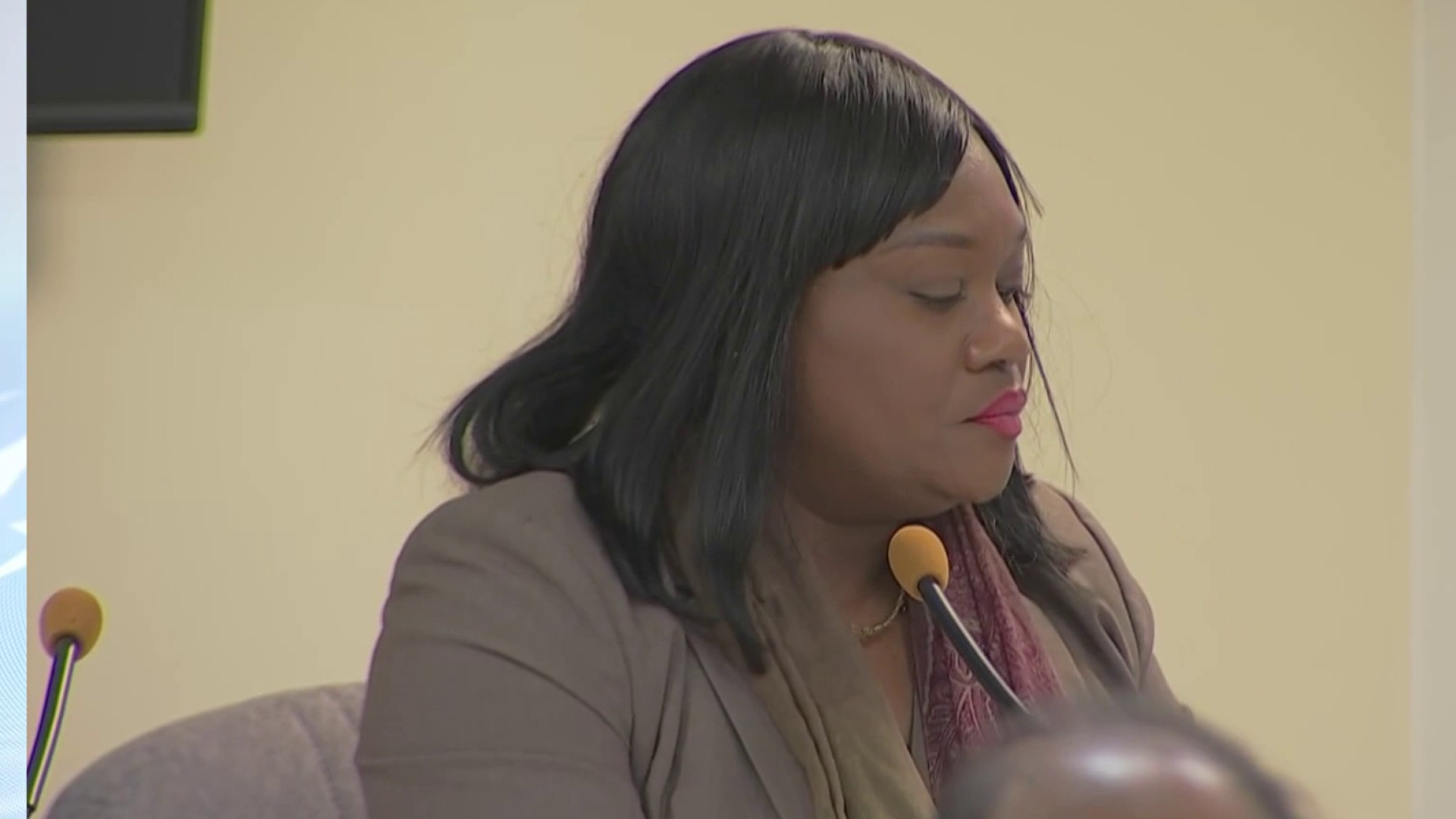
Even as the sluggish offseason drags on, Foodie’s Dinner Club in the south end of town has seen a packed dining room weekend after weekend.
The club allows diners to bring their own beer or wine for a $10 yearly membership fee, and has been in operation for six years without a physical location. It’s currently “hosted” by Captain Bob’s. Sharon and Chris Hoffman own the restaurant and started the dinner club, which is private and only advertised as “a unique dining experience.”
That restaurant model — a workaround in a dry town that outlawed BYOBs for the public in 1984 — is catching on among restaurateurs who want to offer the option to regulars.
It is also catching blowback along the way.
Get Philly local news, weather forecasts, sports and entertainment stories to your inbox. Sign up for NBC Philadelphia newsletters.
“It works great for us,” Chris Hoffman said. “(Ten dollars) is a glass of wine if you went somewhere else.”
Dinner clubs, which are private establishments that allow members to bring alcohol, are, indeed, proliferating on the island. A group opposing the clubs say there are eight in town, with five opening in the last two years.
Proponents see them as a sensible loophole for responsible adults who want to enjoy a glass of wine. Others see it as a Trojan horse to hasten the end of prohibition in the seaside resort.
Local
Breaking news and the stories that matter to your neighborhood.
One group of residents organized a meeting to push back. Partisan lines were drawn at the Ocean City Public Library on Tuesday as booze and its place in “dry” Ocean City were debated.
The group of citizens led an information session about the increase in these clubs and what they can do about it. Their central argument is that the restaurants hosting these clubs are undermining Ocean City’s brand as a dry town and “America’s Greatest Family Resort” and hurting home values as a result.
By allowing these clubs, they said, Mayor Jay Gillian and City Council are disregarding the will of residents, who voted 3,132 to 1,425 against allowing BYOBs in 2012.
“We didn’t say (no) BYOB except for dinner clubs,” said Susan Cracovaner, 64, one of the residents who opposes the clubs. “We said no BYOB.”
Ocean City Mayor Jay Gillian said the city does not condone the clubs.
“There has been no change to the longstanding ordinances that prohibit the sale and consumption of alcoholic beverages in public places,” Gillian said in a statement. “Ocean City police are aware of the trend and have issued summonses to some ‘private clubs’ openly violating these ordinances. But under existing state and local law, the city has no jurisdiction over what takes place on private property.”
Some 60 people packed into the room for the meeting, including proponents of the dinner club workaround and owners of dinner clubs. The debate became understandably heated, since the issue is central to the identity of the city, which was founded by Methodist ministers and banned booze in 1909.
City Solicitor Dottie McCrosson pushed back against organizer Marie Hayes’ claim that the city was failing to uphold the law. The state allows for members-only dinner clubs unless a city specifies otherwise, she said.
“I don’t think you can point to an ordinance,” McCrosson said. “I’ve gone through (the Alcoholic Beverage Control Handbook) too, trying to figure out: Are these legal or not? That’s part of my job.”
An organizer, Hayes’ husband David, cut in.
“I have an ordinance for you,” said David Hayes, 65.
“Is it on the books yet?” McCrosson asked.
“No, but it will be on the books,” Hayes said.
Keeping pressure on
The organizers of the opposition group want to keep the pressure on Council at meetings and have started a petition for a referendum that could revise the municipal code and ban the practice except at nonprofit locales such as the VFW. They would need 15% of the total number of votes cast in the last Assembly election, or 612 signatures, they said.
“You can say what are eight, 10, 12 restaurants, whatever,” David Hayes said. “But it’s the old thing: How do you boil a frog? You put it in cold water and you turn it up one degree at a time.”
One woman recounted going to Cousin’s Restaurant & Catering and being turned away because it was members only for the night.
She went down the street to Arlene’s on Asbury and couldn’t get a table there either. She was worried the practice could make the city seem inhospitable to tourists.
Bill McGinnity, owner of Cousin’s, which opened in 1980, and Cousin’s Dinner Club, which started in October 2018, stood up to offer his side as an operator. He’s working within the bounds of the law and keeps people employed during the offseason, he said. Paul Stryker, owner of Arlene’s and Arlene’s Dinner Club, also happened to be in attendance and stood up to defend the practice.
Arlene’s was a breakfast-and-lunch joint prior and only started the dinner club because customers asked them to, Stryker said.
“Just like Bill was saying, we hired more people ... we pay more taxes,” Stryker said. “The BYOB clubs are not ... coming in through some backdoor thing and trying to do stuff behind people’s backs trying to circumvent the law.”
The idea of a dry town is intrinsic to out-of-towners’ view of the city, the organizers said. Allowing booze in restaurants could have an impact on public safety and prompt more instances of drunk driving, public urination and disorderly conduct, they said. In an information packet circulated at the meeting, they called liquor licenses and bars “the real goal.”
Just filling a need
Dinner clubs say they just fill a need for thirsty patrons.
And Sharon Hoffman said the dinner club model is catching on for a reason. The appeal is clear, she said: people want the option to have a glass of wine or a cold beer with dinner.
“Especially in the summer, when you have to drive in traffic and go off the island if you want to have a drink with family or friends who come in to visit you,” Hoffman said, “Of course it’s a draw.”
The organizers at Tuesday’s meeting got names and contact info from attendees, signaling their intent to continue their fight and build their supporter base.
“I don’t have anything against liquor. I’m not a crusader; I’m not a fanatic. I enjoy beer and wine,” Hayes said. “The implications are obvious. It’s going to ruin our brand.”
Online: https://bit.ly/2PS6PVh
___



